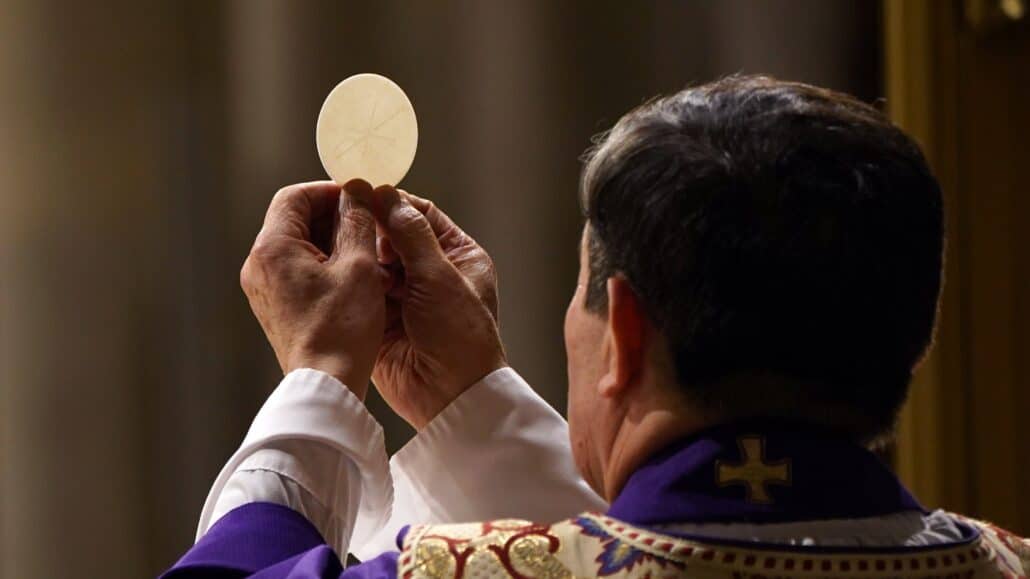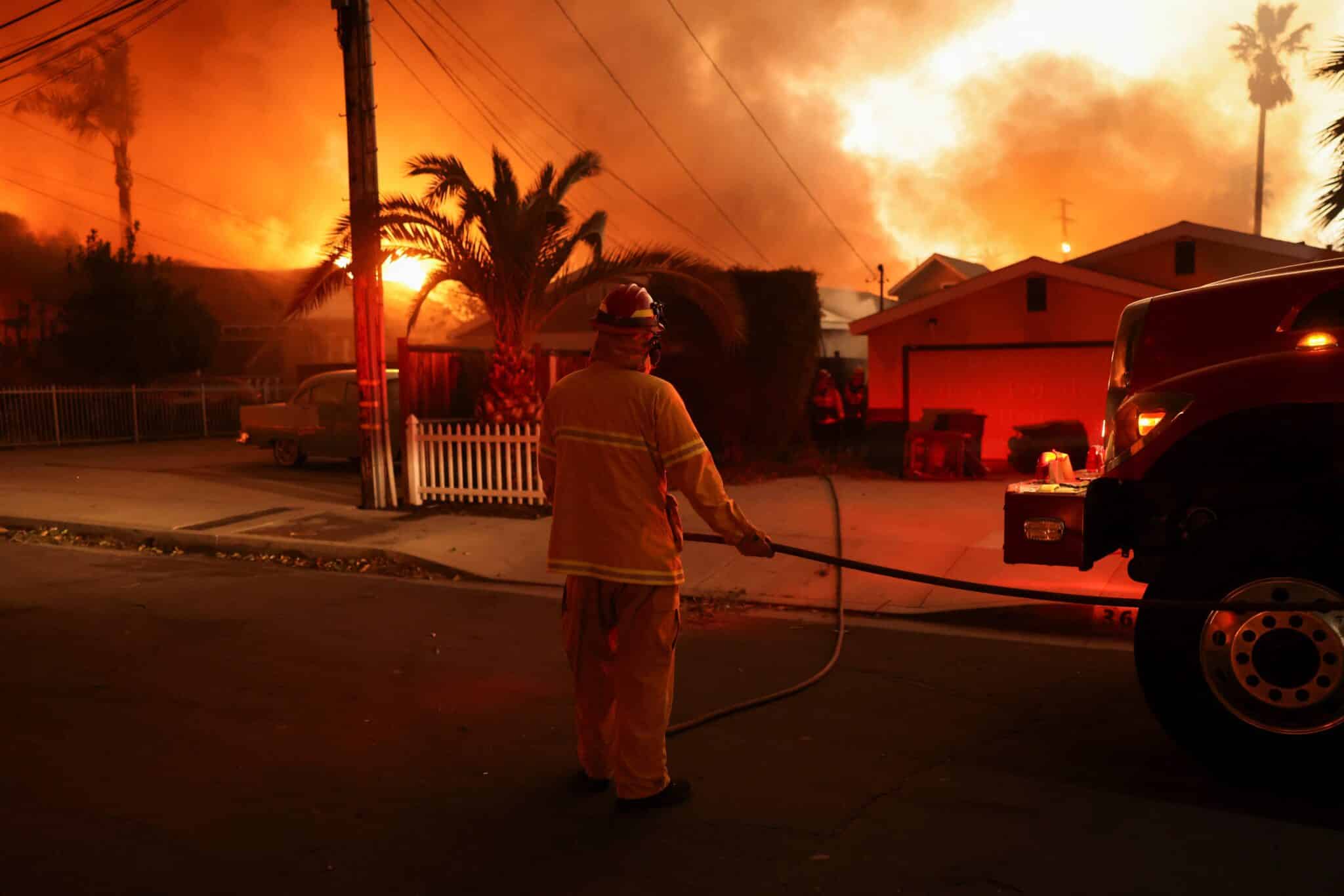I like to eat. Or, rather, I like to dine. There’s a difference I am told, and I like the distinction. We eat to stay alive. So, most often, breakfast and lunch are a matter of eating—my main goal is to take in the necessary nourishment to stay alive. But supper is different. Then I prefer to dine, because I enjoy gathering with my community or going out with family or friends to share life together over a meal. There is conversation and friendship, as well as food and drink. It becomes an experience that is more than just fulfilling a biological need. It becomes a social event.
Jesus also liked to share meals with his disciples and friends. He even says that people called him a glutton. But he knew that in sharing a meal, people are participating in a life-giving event that builds community, as well as nourishes the body. Perhaps that’s why we seldom like to eat alone, especially when we want to dine.
Dining with the Lord
The Sacrament of the Eucharist is intended to be such an event. It is dining with the Lord and with fellow members of the Church. We listen to God speak to us through the readings and we respond in prayer. We sing, we speak, we eat and drink together. The Eucharist is a social event, but it is also much, much more. And the “more” is what makes it a sacred meal and a sacrament. Because there are rituals, definite roles, and set formulas, the meal motif can sometimes get lost. But at its heart, the Eucharist is the sacrifice of Jesus offered to his Father in the context of a community meal. It is the Lord’s Supper. And when we ritually remember that fact, Jesus makes his sacrifice present to us as food and drink for our life. So, it’s not by accident that the Eucharist is a meal, for Jesus intended to feed us with his body and blood as true food and drink.
It was at the sacred meal of his Jewish faith, the Passover, that Jesus instituted the Eucharist as a memorial of his death and resurrection. He and his disciples were remembering the great saving event of the Passover when God saved his people by passing over the homes marked with the blood of the lamb and saved them from death. But Jesus gave the ritual new meaning and made it a remembrance of his own passing over to new life. He told us to “Do this in memory of me.” And as often as we do, we continue his sacrificial offering to the Father and share in his meal.
Eucharist is also considered a sacrament of initiation. The life that was given in Baptism and strengthened in Confirmation is nourished in the Eucharist. And because we always need nourishment, Eucharist is an ongoing sacrament of initiation. Unlike the other sacraments of initiation, which can be received only once, the Eucharist can be celebrated and received many times throughout life, even daily.
Both/And?
The history of the Eucharist witnesses to its prominence within the faith by the fact that it has been, and still is, a source of tension among many. We only fight or get fussy over things that matter. So, as one of my theology professors pointed out, maybe it is good that the Eucharist is a source of tension; it says that it matters.
But what do we fight about? It’s not the meaning of the sacrament that causes problem, for we all believe in the presence of the Lord. But, often, it’s the way we celebrate the Eucharist. Do we emphasize the meal aspect, or do we emphasize the sacrificial aspect? Do we make it “down home and cozy” or do we make it more “transcendent and formal”?
But what if we do both? What if we seriously try to keep a balance among the many factors involved. For as a sacrament which is meal, sacrifice, remembrance, social event, and ritual (and lots of other things), we experience the richness and beauty of what the Lord gave us. It’s all of these things and it’s none of these things. It is the center of our faith and a sacred mystery, the depths of which we can never fully plumb.
In a prayer attributed to St. Thomas Aquinas and used in our liturgy on the feast of Corpus Christi (the feast of the Body and Blood of Jesus), Saint Thomas offers a thumbnail summary of what we believe about the Eucharist. The prayer nicely balances the two major aspects of the sacrament—sacrifice and meal. But it also captures our belief that the sacraments do what they say they will do. In this case, by remembering what the Lord did for us in his death and resurrection, we re-present that sacrifice in our sacred meal.
The prayer reads: “O Sacred banquet, in which Christ is received, the memory of his Passion is celebrated, the soul is filled with grace, and the pledge of future glory is given to us.”








1 thought on “The Eucharist: An Ongoing Sacrament”
Pingback: Corpus Christi – June 11th – St. Teresa's Religious Education School Program